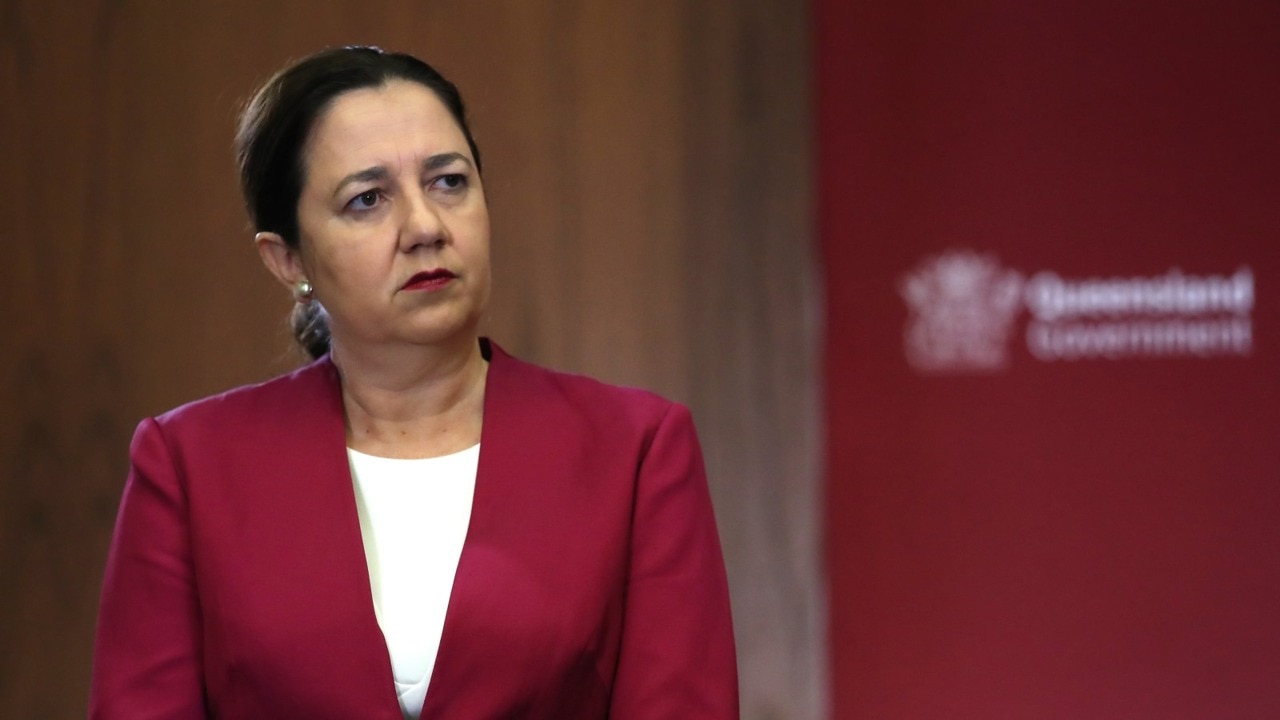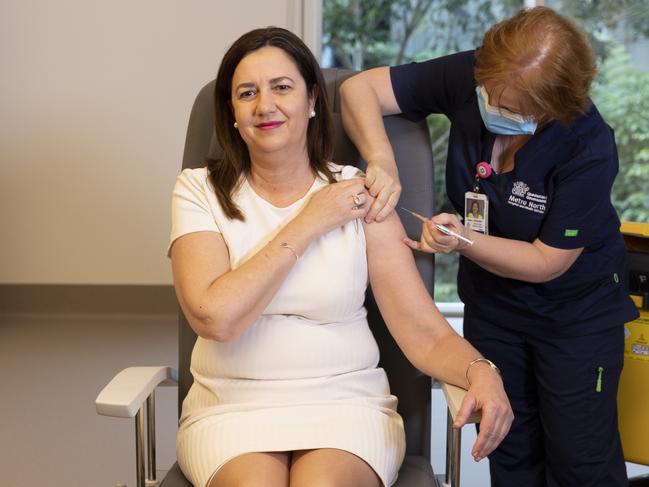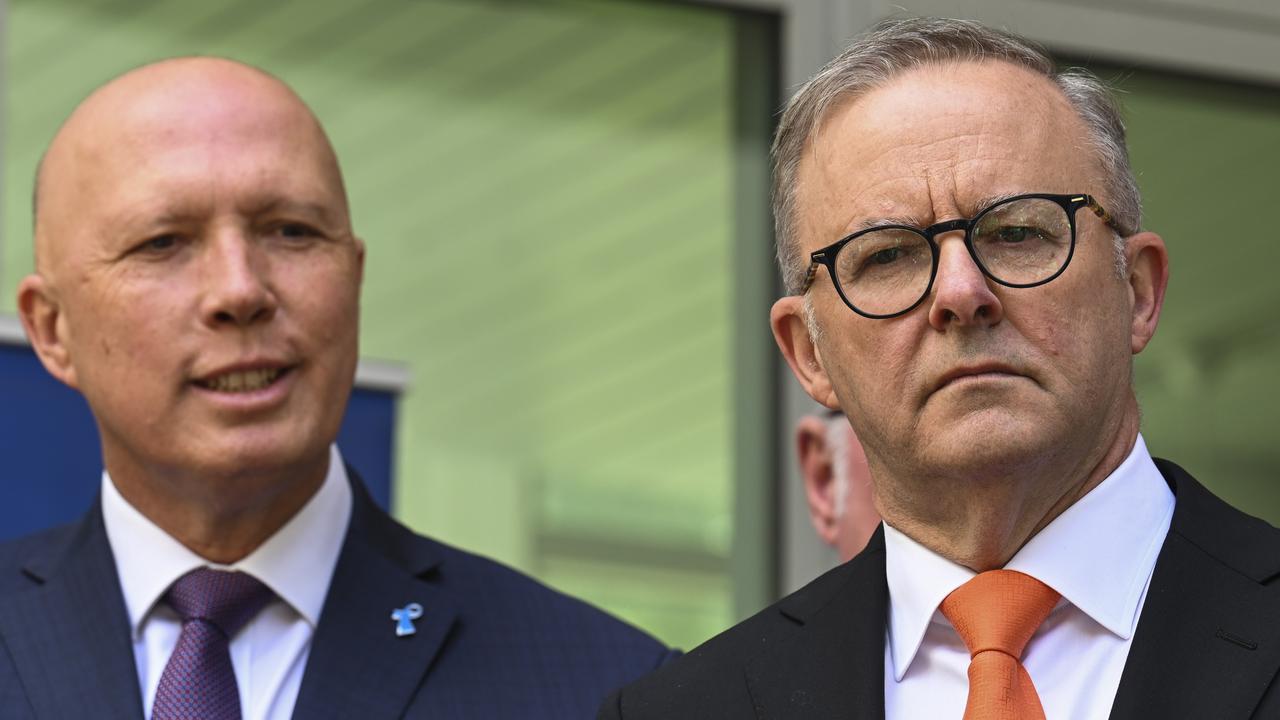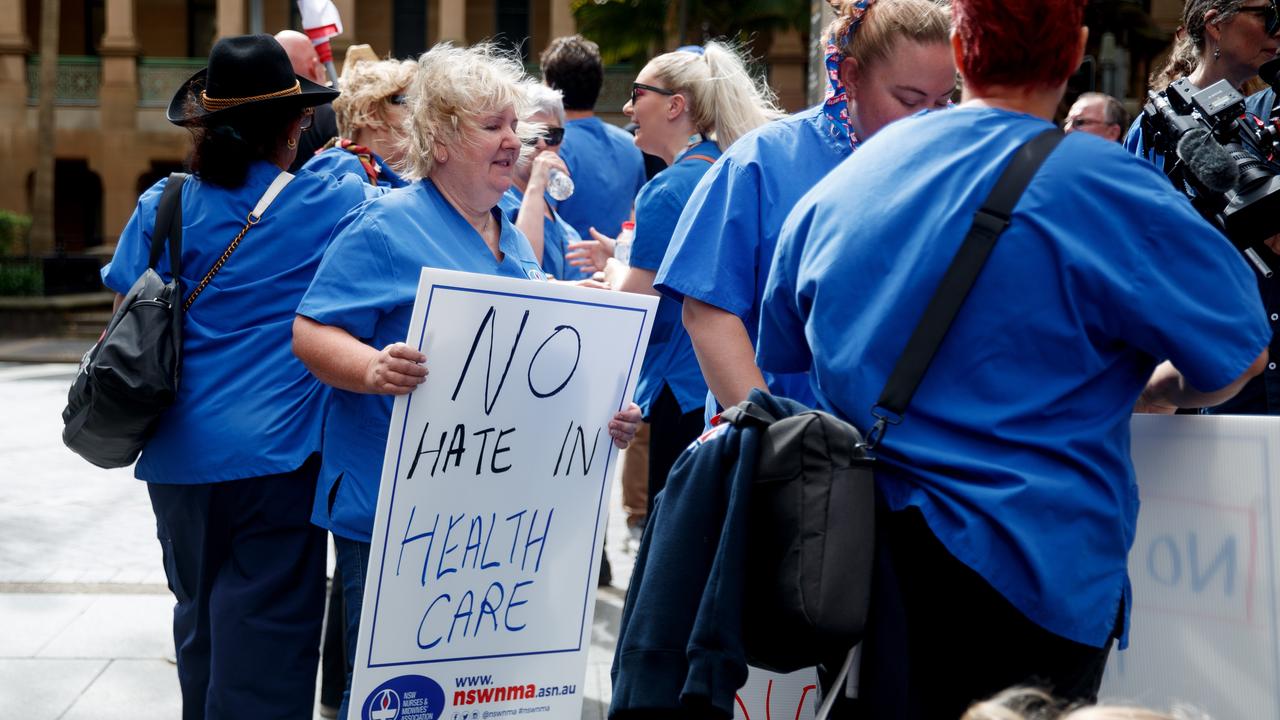Editorial: Premier has blown perfect chance to lead by example
Premier Annastacia Palaszczuk has failed the leadership test when it comes to the Covid vaccination, writes The Editor.

Opinion
Don't miss out on the headlines from Opinion. Followed categories will be added to My News.
Leadership is, by definition, about leading. Successful leaders take an active role in what they are urging and directing others to do. They often choose to do something that is challenging or frightening first themselves, as an example to those they lead. Good leaders also take responsibility for their actions instead of searching for excuses when – as is inevitable – they get something wrong.
On all these measures, Premier Annastacia Palaszczuk has sadly failed the leadership test when it comes to the Covid vaccination.
She failed by not taking the lead of other state leaders and getting the jab earlier, to show it is nothing to be feared. She then failed by not being the first in line to receive the vaccine when it become available to those in their 50s on May 3. She failed again 19 days later by opting to have the influenza vaccine instead of the Covid jab. That meant she had to wait another fortnight, as per the health advice. Fast-forward that fortnight to yesterday, and Ms Palaszczuk failed the leadership test yet again when she opted to receive the Pfizer jab instead of the AstraZeneca vaccine that everyone else in her age group receives, but that of course has led to blood clots in a very few younger recipients.
And, sadly, the Premier’s excuses when quizzed about all these failures of leadership meant she just failed Queenslanders yet again.

Ms Palaszczuk’s explanation goes something like this: at some point recently she was bitten by her own pet dog Winton. This led to her having to receive a tetanus booster shot – which meant she could not receive another vaccination for a period of time. Once clear of that hurdle, she then opted to have the flu vaccine instead of the Covid jab – in front of the cameras – on May 24. She then had to wait until yesterday to receive her first Covid jab.
As to why she chose Pfizer instead of the AstraZeneca, Ms Palaszczuk blamed her potential trip to Tokyo in late July as part of Brisbane’s bid for the 2032 Olympics. That is because it is recommended you wait 12 weeks between your first and second AstraZeneca jab, whereas the two-step Pfizer vaccines can be given three weeks apart – with full protection seven days after that. But if the Premier had indeed led by example and had the jab on May 3 when it became available to all over-50s, she could have had her second dose nine weeks on – and still had seven days for it to fully take effect before being required in Tokyo in the last week of July.
Or better yet, perhaps Ms Palaszczuk could have done what most other state premiers, and the Prime Minister, did and have the jab earlier to show that they were prepared to lead the way. South Australian Premier Steven Marshall (aged 53) was first, getting his jab on February 22. Prime Minister Scott Morrison got his the next day (at age 52). NSW Premier Gladys Berejiklian (50) was next, on March 10 – and so on, through 15 weeks until yesterday when Ms Palaszczuk (51) finally stepped up.
Ms Palaszczuk said she hadn’t gone earlier because she did not want to jump the queue. But what these other leaders did was not queue jumping, not when Covid in Australia is not even close to the danger it is in other countries – where leaders and royals have quite rightly waited their turn. Instead what these other Australian leaders did was send a positive message about the critical vaccination program at a time of increasing vaccine hesitancy, fuelled by so many mistruths on social media.
Ms Palaszczuk’s own apparent hesitancy did the opposite – and as Opposition Leader David Crisafulli said yesterday: “Everything we do as leaders has to be about giving people confidence in the vaccine.”
Premier Palaszczuk’s failure in this instance is a shame, because her resolute handling of the pandemic last year did indeed keep us safe, which was the most critical test of leadership globally in 2020.
She was handsomely rewarded for that leadership, with her Labor Party being returned for a third term at the October election with an increased majority. It was a result that proved how much Queensland voters value strong leadership.
The good news is that voters are generally willing to forgive those leaders who admit they have made a mistake – after all, the core of a representative democracy is that those in Parliament are human, too. Former Queensland premier Peter Beattie made apologies a central part of his political strategy. Perhaps Ms Palaszczuk should this morning make a phone call and seek Mr Beattie’s counsel.



